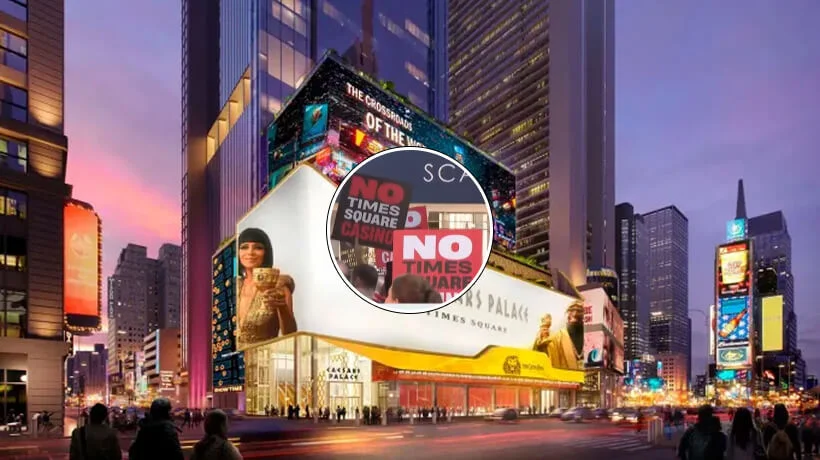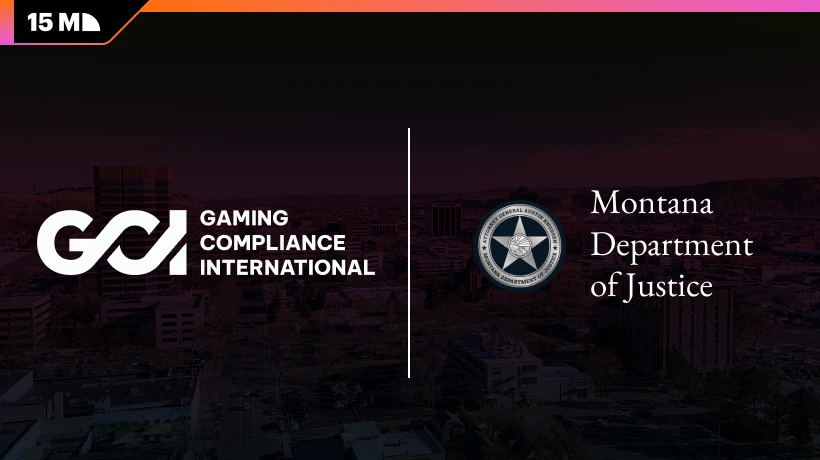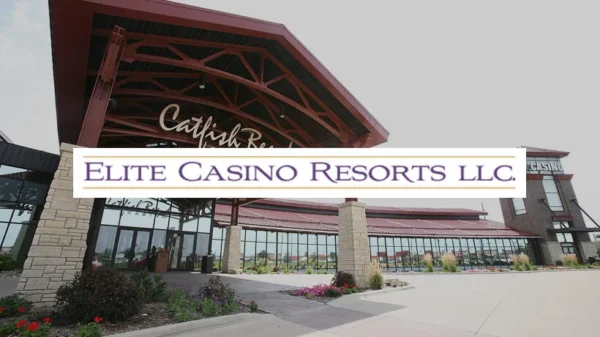The New York Community Advisory Committee blocked Caesars Entertainment’s casino plans yesterday, leaving the gambling giant and partner SL Green Realty Corporation empty-handed after three years of planning.
The project needed four committee votes to advance to the Gaming Facility Location Board, but managed only two when the final tally came in on September 17.
Caesars and SL Green had been chasing one of three gaming licenses that New York’s Gaming Commission will award this December. What started as an ambitious Times Square development in 2022 ended with a whimper instead of the fanfare they’d hoped for.
Why This Casino Couldn’t Win Over Critics
Local community groups mounted fierce opposition from day one, raising concerns about increased crime and traffic congestion in an already chaotic area. Despite Caesars projecting $23.3 billion in gambling revenue over the next decade, those numbers couldn’t overcome neighbourhood fears about what a casino would bring to Times Square.
Ironically, Broadway workers, union members, and small business owners actually rallied behind the project, seeing it as a potential revenue generator for their communities. But their support wasn’t enough to counter the vocal opposition dominating public discussions.
What Happened During the Final Push
September 11’s public hearing told the story—opponents packed the room with “No Times Square Casino” signs while supporters organised counter-rallies in the streets. Times Square residents were split, some worried about neighbourhood changes while others saw economic opportunity.
When the committee cast their votes six days later, the math was simple. Two votes yes, the rest opposed, and Caesars’ Times Square ambitions ended immediately.
How This Changes New York’s Casino Race
Two major proposals remain in play. Steve Cohen’s partnership with Hard Rock International for a Queens location continues, as does the Soloviev Group’s Freedom Plaza project with Mohegan.
Both remaining contenders still need Community Advisory Committee approval, and they’ve just seen what happens when local opposition mobilises effectively. The December license deadline hasn’t changed, but there’s now one less heavyweight competing for the three coveted spots.
This rejection sends a clear message to anyone eyeing New York’s gambling market: community support isn’t optional; even billion-dollar revenue projections can’t overcome organised neighbourhood resistance.







